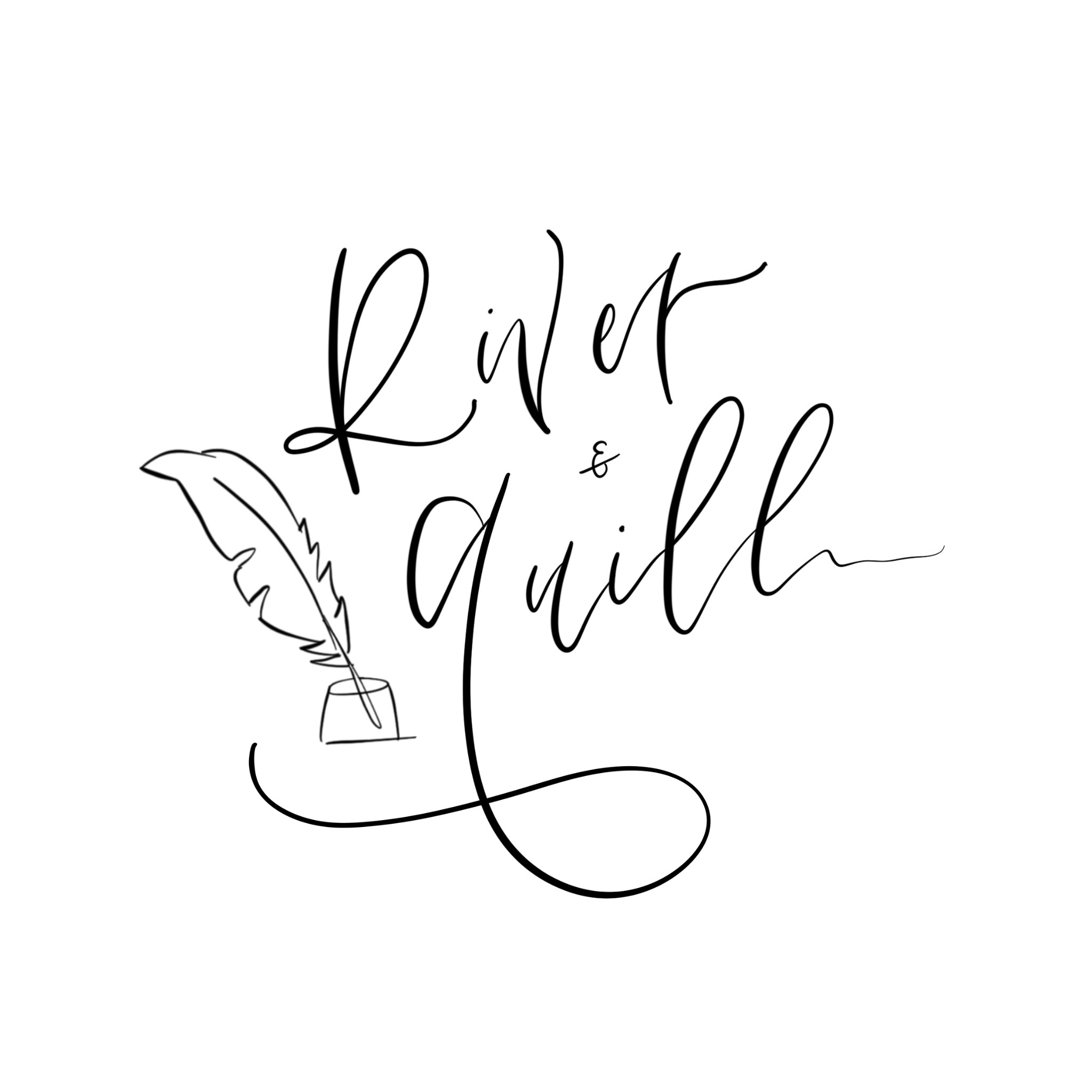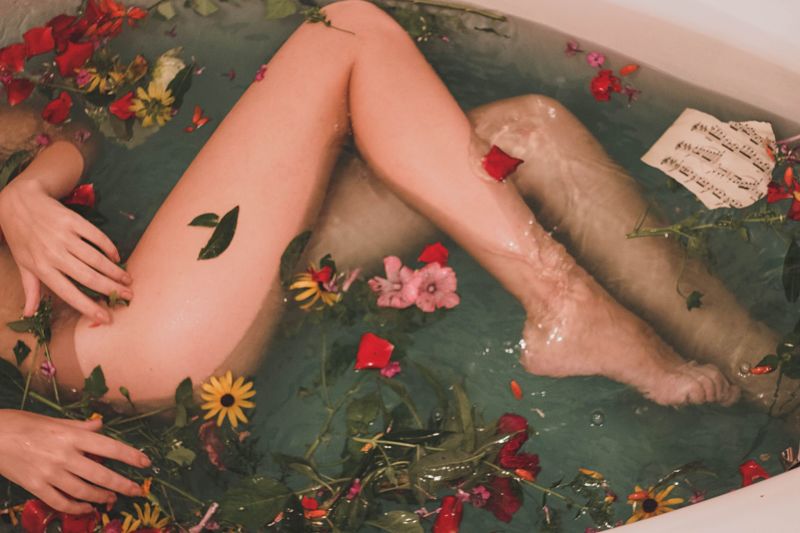I’m learning recently how chronic illness taught me to compartmentalize myself. Marie Kondo would be proud of the multitudes of boxes I created for the various facets of self, but, as I reflect, it’s probably best to keep the organizing confined to the physical objects overtaking our homes.
However, Interstitial Cystitis took me over. It became me. It was messy and the pain was distracting, and I needed to go through some shit and find the me I had forgotten about in the back of the closet.
I picked my disease up and I placed it, along with all the physical sensations of body into the “body box”. Nice and tidy. All picked up.
I put my spirituality into the spirituality box, my personality into the personality box, sexuality into sexuality box, emotionality into emotions box, and on and on we went. Dust collected and settled on the body box as I dove into all I was aside from the pain.
This was absolutely what I needed to do in order to heal. I needed to understand that my body’s pain was not all I was, but as I did this, I forgot about all the incredible, beautiful, aspects of having. a. body.
Body became public enemy number one. She had betrayed me. I did not trust her. She snarled and growled and took my joy away. How could I ever possibly love her the way everyone says you should love a friend? I couldn’t. Because she was no longer a friend.
Another truth which would be easy to leave out, but I just won’t anymore, is that there was trauma trapped in my body and I was afraid of it. I knew acknowledging my body again would mean acknowledging this trauma, and I knew it was going to hurt. Friend, I really didn’t want to hurt anymore. I’d done enough hurting, hadn’t I? Maybe you feel the same way?
For whatever reason, we believe that we deserve respite from pain. We think we have had our fill and so now it’s time for all the accumulated good we have been deprived of to come strolling in like Prince Ali and his “spectacular coterie”. Like life is fair or something.
So, I closed the lid on my body box and I moved over to the boxes marked: mind and soul. It was a gorgeous melody full of reclaiming my creativity, understanding my connection to the divine, and finding a place not a single person had the ability to hurt me in anymore.
I was thrilled when my body started healing as a result, but I still wasn’t ready to come back into my own skin. I liked the idea of hovering outside of it, and I did. For a very long time. It was complete self awareness in one sense but complete denial in another.
Coming back into my body meant acknowledging this trauma, making some seriously difficult life changes, and understanding I was now in a 36 year-old-mom bod. The last time I had truly lived in my body, I was probably 18.
Waking up in a much older, much more mature body was slightly shocking. I was surprised, because I thought I had accepted my appearance. And, I had accepted the too much and the too little, the too big and the too small. I had. However, I think there is a deeper level to body acceptance and it has nothing to do with what people can see, but everything to do with what you can feel.
I had kept quieting it. It whispered stories I didn’t want to hear. So, I kept suppressing the dance it wanted to sway, and step and sweat.
Finally, after years of this, I understood the shame of illness was there, along with other truths I am currently dealing with.
Trauma’s a bitch. She needs to be released, but she screams like a banshee on her way out, ripping you apart as the dull ache in your chest suddenly becomes an epicenter of raw, stinging, acidic, emotion. And it isn’t quick. I’m still feeling its exodus and the toll it is taking on me isn’t small.
But I’m also learning my body doesn’t exist solely to bring me physical pain or hold emotional pain, which was the lesson I had learned until I adjusted this thinking. It’s here for something beautiful too.
It’s here to bring me here. Every thought is a result of breath coming into my lungs, and blood rushing into and out of my heart.
Beyond allowing us to actually be this strange meaty beings, our bodies exist for much more.
As red as this is going to make some of your sweet faces, we’ve got to get back to pleasure.
I mean that sexually, yeah. I do. Because sex is good, but I also mean that in a completely asexual way as well. I mean we have to pay attention to the ways our bodies make us feel good, just as much as the way they make us feel bad. Actually, we need to pay attention to the good exponentially more than the way they make us feel bad.
If you’re not sure how. Start with this:
Feel that breeze brushing past the nape of your neck and let it tingle down your spine. Let it feel good. Thank your body for that.
Feel the way your legs feel, bare against the crisp sheets as you crawl into bed. Thank your body for that.
Feel the way the heat of your coffee moves slowly down your throat and into your stomach. Or the way your baby’s cheeks feel like warm marshmallows against your skin when they wake up from a nap. Or the way water skims and swirls around you as you swim. Or the way the pressure and warmth of your partner’s kiss helps you better understand “home” and “safe”.
Thank your body for alllllllll of that.
Our bodies are not our enemies, friends. They house pain. They reveal pain. But they also house delight and joy. They are our conduits to all sensation.
Don’t fight the pleasure of being alive because you stowed your body away with your disease.
It’s not your enemy.
It’s your friend, and I want to help you step back into it. Pour out all the compartments of self back into a messy pile in the middle of your living room and jump into them like a pile of warm laundry. And then, feel it and thank your body for that.

